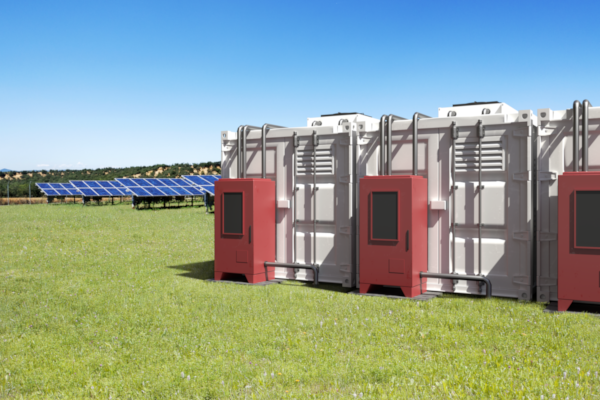Energy Management
PROGRESSUS aims to deliver highly efficient energy management systems applied to microgrid cases (e.g. charging infrastructures and real estates), targeting to significantly reduce greenhouse gas emissions and peak power consumption from the grid. The essence of a smart grid is to use distributed controllable loads and production units to optimize consumption and production in a way where energy balance on transmission level is supported and grid congestion on a local level is prevented. PROGRESSUS WP3 focusses both on the controllable loads and production units, on different sets of optimization algorithms and on a secure payment infrastructure and interfacing between different actors in the (local) smart grid.
The Energy Management objectives are:
- To develop smart management algorithms that target to increase the use of distribution grid infrastructure (e.g. charging rate), maximize the number of electric appliances (e.g. charging stations) on the same grid and take inputs from different energy markets into account
- To reduce the power losses, increase the efficiency and design optimal energy management algorithms for DC microgrids and low voltage DSO networks, by also taking into account EVs and EV charging stations
- To minimize the dependency of microgrids from the main grid by promoting self-organized microgrids based on cooperative energy management schemes that target to maximize the utilization of the energy generated by PV
- To promote electrical applications as e-mobility through the development of charging station hardware and corresponding algorithms for their control and management
- To enable secure transactions, such as payments for different energy services



